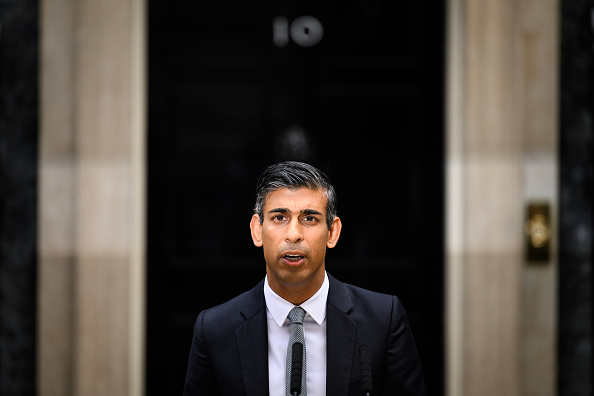Businesses’ ask for the next budget? Make a decision and stick with it, for all our sakes

Britain has just announced its third prime minister in as many months. We again face a new government with new policies. And after weeks of unrealistic promises, U-turns and confusion, businesses are desperate to see some stability, competence and sheer grip from our leaders.
Managing uncertainty is routine for business: the price we pay for materials fluctuates, demand rises and falls, and getting the right people with the right skills is often difficult and usually expensive. Getting through these challenges is all part of the job. But one uncertainty that businesses cannot manage is political and policy risk and that is what we have had in abundance over recent weeks.
Of course, we’d like the new government to set out a range of policies that would support jobs and growth – building new infrastructure, improving skills, smarter regulation, tax policies which will encourage private investment and so forth.
But we accept that the new prime minister and his cabinet have deeply difficult decisions to take to restore market confidence and swerve recession. Taxes will have to go up and spending down – to the tune of some £40bn on top of what has already been announced by the Chancellor, Jeremy Hunt.
Rishi Sunak, when he was in No11, was known for “pulling rabbits out of his hat”. But next monday, the Halloween statement will hand out more tricks than treats. And business will certainly not get all that we want.
So, we will settle for what we need: clear political direction that enables us to plan for and invest for the long term. This is urgent. Some of our members – amongst the UK’s biggest employers – are telling us that political and policy volatility makes it hard for them to argue the case for investing in Britain in their global boardrooms. And this really matters. Inward investment was worth over £7bn and over 90,000 jobs last year according to the Department for International Trade. Investment decisions by British businesses – from start-ups to large corporates – adds billions more.
And there are some decisions for the budget which ought to be no brainers — low-cost or cost-neutral reforms which would strongly support growth. Bringing back VAT-free shopping for international visitors is one. This will help us attract high spending tourists who are vital to our hospitality, leisure and cultural sectors, sectors where they will continue to pay VAT. If Britain is the only place in Europe you can’t get your tax back on holiday purchases if you’re coming from the US, China or Middle East we will be at an enormous disadvantage.
We should also reform the Apprenticeship Levy, to create more apprenticeships, and allow City mayors to consolidate their funding streams to spend on what will best drive growth locally. And the sooner the government gives businesses clarity on the next phase of the energy support scheme the better.
The next few months are going to be bumpy for business and for Britain. The next budget is set to be grim. Delivering it swiftly and sticking to it is the key business ask. We need to return to the stability which has long made the UK an attractive place to do business and which has been so sorely missed over the past weeks.
